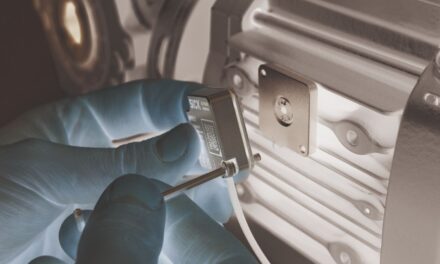Although manufacturers saw a decline in automobile sales at the start of 2020, developments are still underway to provide consumers with safer, more efficient, and more eco-friendly products. Recent global disruptions have changed the way people choose, buy, and operate cars, so manufacturers are looking to develop vehicles that align with new lifestyles. This would mean creating vehicles that come with the features that today’s consumers need.
From using sustainable materials to adding features that allow for a better driving experience, manufacturers are investing more time and resources to launch products that can bring the industry to a whole new level. Let’s take a look at the manufacturing trends making their rounds in the auto sector this year:
- 3D-Printed Parts
While 3D printing isn’t a new concept, manufacturers are gradually adopting the technology to develop molds, design custom parts, and create miniature concepts for new products. With 3D printing, manufacturers can form low-cost molds and templates for additive parts. Vehicles that require specific parts can also benefit from 3D printing as these parts can be manufactured by request. This saves time as well as factory space since 3D printing equipment uses a smaller portion and requires fewer components to set up. With this, manufacturers can maximize the extra space for mass-producing custom parts at a lesser overhead.
- Self-driving Systems
The global auto industry continues to embrace automation, artificial intelligence, and the Internet of Things (IoT). Considered emerging technologies before, these concepts are now closer to bringing in a new era in the sector. The introduction of self-driving vehicles promises safer roads through AI systems that can alert drivers of potential hazards and prevent accidents caused by human error. Despite this, self-driving cars are still the subject of controversy as skeptics say that these vehicles are prone to cyber-attacks. Considering the technology is being refined, we can only expect future smart cars to come equipped with the right tools to fight against hackers.
- Personalized Manufacturing
Today’s consumers are more informed than ever. They know what they want and expect manufacturers to provide it. If they want a car that comes with custom lighting, they could install a kit from suppliers like XK Glow if they can’t find a model that has such a feature. Through mass customization, buyers can pick from multiple variations of the same products. The challenge, however, is for manufacturers to come up with more cost-effective methods to make mass customization work. This would require working closely with part suppliers and developing manufacturing methods that save time and reduce costs.
- Cheaper EV Batteries
Electric vehicles (EVs) are slowly gaining a larger share of the auto market, although the cost of buying one remains too high for consumers who want to shift to more sustainable transportation. As climate advocacies are gaining ground across the globe, EV manufacturers will need to produce cheaper products to compete with traditional vehicles. This would mean offering affordable yet more efficient batteries for the consumer market. Leading automakers like Toyota, Mitsubishi, and Renault are already putting time and effort to bring battery costs down and make EVs more accessible to more people.
To stay competitive and relevant, auto manufacturers will need to do more than invest in better marketing strategies and re-introducing old models. With these trends in mind, they can meet the evolving demands of their markets and stay profitable for the foreseeable future.



